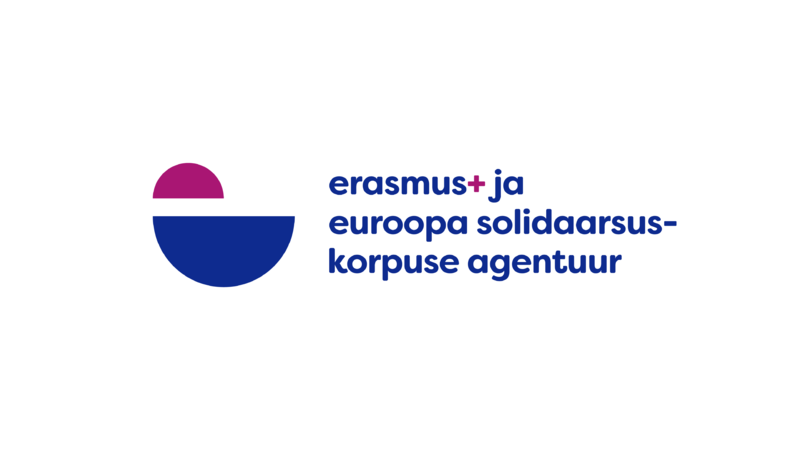1.11.2021-30.01.2024
2021-1-EE01-KA220-YOU-000029012
2021-1-EE01-KA220-YOU-000029012
YOU(th) in the moment
Erasmus+, KA220 YOU Cooperation partnership in youth work
The main aim of the project is to enreach youth work with mindfulness approach, methods and techniques in order to support youth and youth workers wellbeing and mental health, efficiency and active participation. Raise awareness about mindfulness and mental health amoung youth and youth workers.
According to research 'Youth work and the corona pandemic in Europe' mental health has been mentioned many times by respondents as a key issue, both professionally and personally. About 90% young respondents of the research felt downhearted, stressed and depressed at least some of the time during the Pandemic, which still lasts and has influences. The same research shows that youth work helps young people to navigate the crises. Within the project we want to connect those two aspects. We want to increase the capacity of the youth workers in Europe (especially in participating countries ) towards using mindfulness practices to support young people in their personal situation. The research made by Youth Partnership (EU & Council of Europe) 'The effects of COVID-19 on young people's mental health and psychological well-being' shows that the pandemic arisen from COVID-19 and the resulting governmentalrestrictive measures have had a toll on youth's mental health and psychological well-being. Youth appear to experience high levels of stress, depression, and anxiety, and lower levels of life satisfaction, whereas some evidence also suggests that young people's relationships with parents might also be affected. In the same research we see assumption that the situation arising from the pandemic is complex, worldwide, and has multisystemic implications that affect individuals directly and indirectly, it might be reasonable to expect that a potentially severe mental health "pandemic" will ensue (Gruber et al., 2020).A multi study report concludes that "Mindfulness is especially effective for reducing anxiety, depression, and stress". Mindfulness-based programs are scientifically proven and can enhance youth development and contribute to resilience (Mindfulness-based therapy: A comprehensive meta-analysis. Clinical Psychology Review.). We see the benefits of incorporating mindfulness practices and methods into youth work not only as reduction of the pandemic negative effects but also as a support model for young people who are struggling in life (going through teen age, facing different obstacles and challenges, etc.).
To reach the aim we set following objectives:
- increase capacity of youth workers toward using mindfulness practicies;
- develope Mindfulness curriculum and e-course for youth workers and youth;
- measure impact of the mindfulness practices on the youth workers and youth participated in the programmes;
create pool of mindfulness instructors in the youth work field;
raise awareness about mindfulness and its benefits.
Partners:
NGO VitaTiim (EE) - Applicant
NGO Positive Youth (SE)
NGO GO Alive (GR)
NGO VulcanicaMente (IT)
Mindspot (UA)
NGO 3D Friends (LV)
To reach the aim we set following objectives:
- increase capacity of youth workers toward using mindfulness practicies;
- develope Mindfulness curriculum and e-course for youth workers and youth;
- measure impact of the mindfulness practices on the youth workers and youth participated in the programmes;
create pool of mindfulness instructors in the youth work field;
raise awareness about mindfulness and its benefits.
Partners:
NGO VitaTiim (EE) - Applicant
NGO Positive Youth (SE)
NGO GO Alive (GR)
NGO VulcanicaMente (IT)
Mindspot (UA)
NGO 3D Friends (LV)
Project supported




